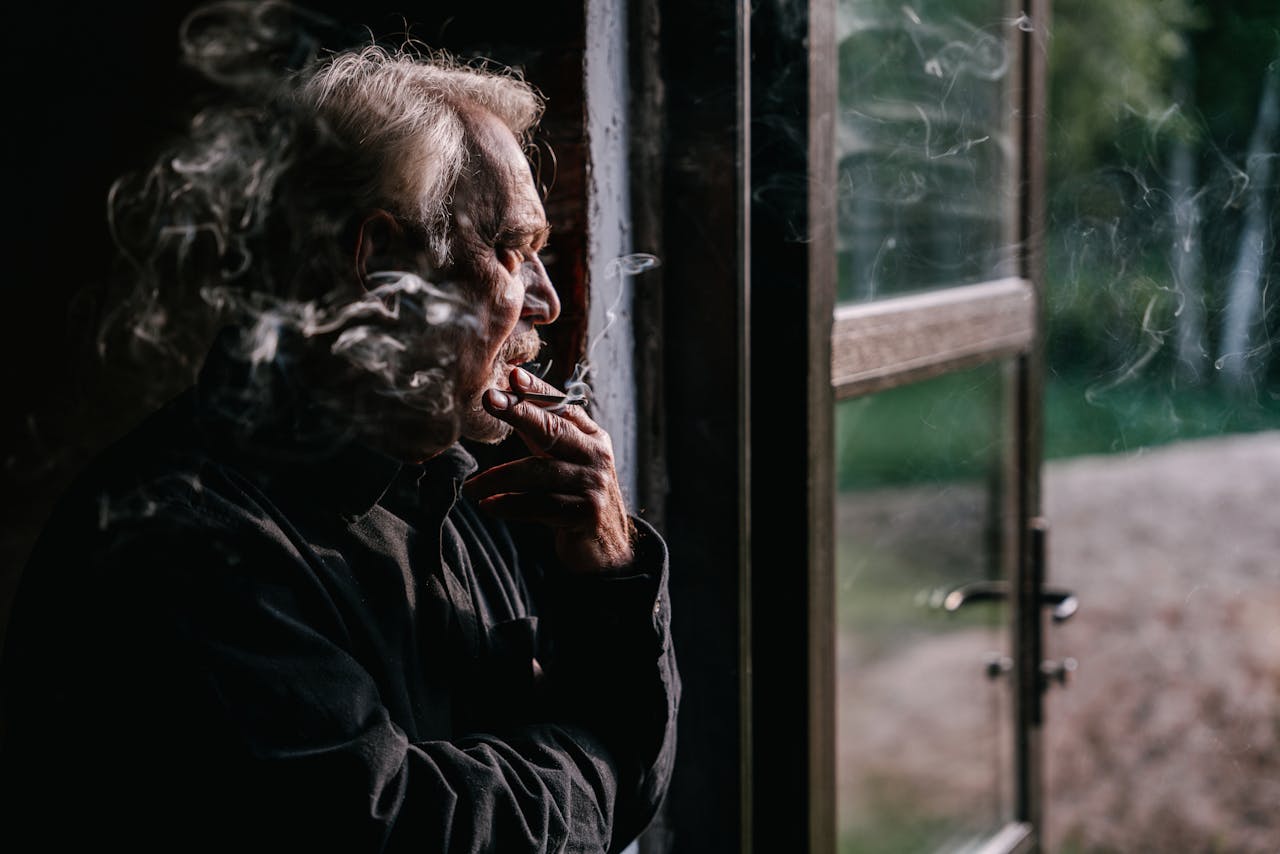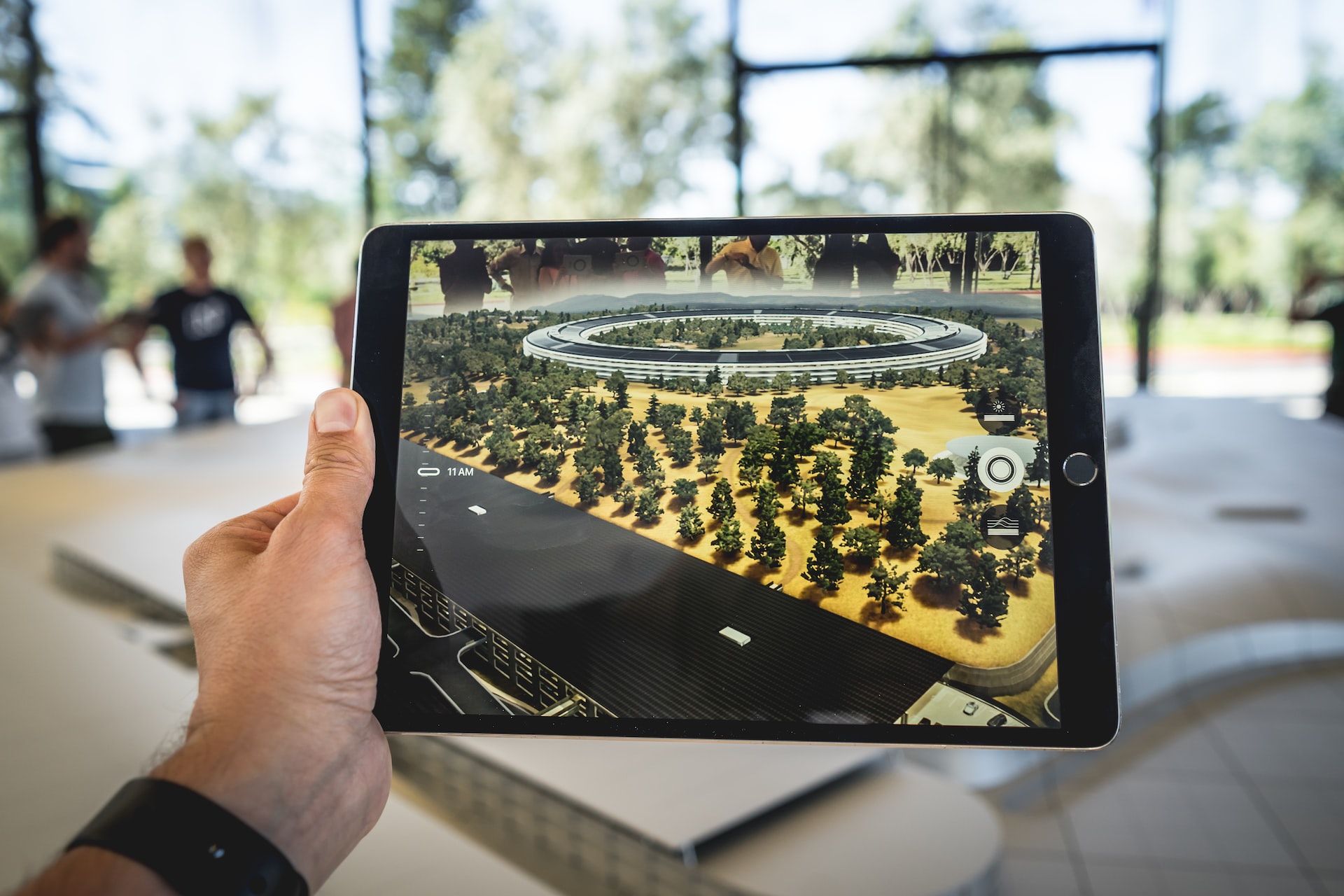Develop active population ageing

Develop active population ageing. That is the key. By 2050, forecasts indicate that the elderly population in Spain will represent 34% of the total, a figure that is already around 20%.
If adequate conditions are provided for daily living in an appropriate and stimulating environment where participation in various activities is encouraged, the natural consequences of the ageing process can be avoided or at least delayed. Therefore, health promotion is essential for a better quality of life, where physical activity and social relationships play a very important role.
Precisely the lack of promotion of this type of activities, together with a low participation of people in them produces a progressive functional and physical decline that can lead to cognitive deterioration and health in general. This is a fact that is aggravated by the progressive increase of elderly people who live alone or who manifest symptoms associated with loneliness and who, therefore, suffer a deterioration in their quality of life, an aspect that is exacerbated in the rural environment by current social conditions.
And in the physical aspect, the data confirm it. The latest survey of sports habits shows that the practice of physical activity in Spain decreases progressively as age increases, reaching only 10.9% among people over 75 years old. This is why it is especially important to develop solutions that increase the motivation and degree of adherence of people as they age, ie, get tools to promote sports practice but also increase adherence to it. A practice with physical benefits, but also psychological, allowing the consolidation of social relations through the generation of a close and quality support network. A fact more easily achieved through the application of learning techniques such as gamification. That is to say, the use of technology to improve the motivation of the person towards an activity through games and challenges. An excellent tool to increase the possibilities of practicing physical activity in a sustained manner over time.
This is how ITINERA2 was created. An innovative technological solution that allows us to face the demographic challenge and the needs associated with it. Specifically, by proposing an intelligent route based on the concept of Internet of Things (IoT) and gamification that offers a friendly environment aimed at promoting healthy habits and the fight against loneliness in older adult population of semi-rural environment, taking into account the implications of individual health.
Technology can be a facilitating element to achieve these objectives. In fact, different studies and reference documents such as the guidelines of the Guide to Elder-Friendly Global Cities also highlight the fact that the reference space in which most of a person's time is spent requires appropriate measures to help social relations and the practice of activities, which are essential components of active ageing. An important issue that, together with the tendency of people to use different public spaces, offers an optimal scenario for the development of friendly and intelligent environments that motivate the person to feel safe and make frequent use of them. A scenario that fits in with the concept of Smart Cities, which in recent years most Spanish cities have tried to use to improve various public services, and which is perfectly transferable to rural areas.
Under this approach, ITINERA 2 aims to increase the quality of life of the person through aspects such as self-perception, self-esteem or physical and affective-relational dynamization and, of course, the consolidation of quality social networks.
With all this, ITINERA2 is proposed as a solution aimed at improving the quality of life of people in the process of aging through its environment and applicable to open spaces, especially in green areas, thus adjusting to a scenario of preference of this population. A proposal that materializes in different specific objectives such as:
- To develop a technological solution that allows for the strengthening of quality social relations, using physical activity as a means, especially in rural environments and depopulated areas, offering support to policies for the promotion of population health.
- Improve the subjective well-being and quality of life of the elderly population by promoting physical activity in sedentary elderly people, depending on their personal characteristics.
- To increase adherence to sports practice in active elderly people through gamma techniques, modifying patterns of active behaviour linked to healthy ageing.
- To offer innovative leisure alternatives aimed at physical activity among the elderly.
- To combat population dispersion in rural territories and depopulated areas especially affected by demographic change through the concentration of activities in ageing-friendly communities, designed to favour active life and socialisation among the elderly.
- To increase the use of existing natural environments, providing a solution within a scenario of preference of this population when practicing any physical activity.
The ITINERA2 proposal
ITINERA2 will involve 300 people over 50 years, who will make an initial assessment of variables related to quality of life, level of physical activity and general health and sociodemographic data, including aspects such as chronic diseases, endocrinological aspects, anthropometric variables ...
This information will be complemented with the physical activity data generated by the users by means of the route in which the proposed solution is installed throughout 6 months. After this period, the information will be compared with a final evaluation, thus being able to know the real benefits of ITINERA2.
Technology in ITINERA2
The proposed solution is based on the initial identification of an optimal resource for physical activity (walking, running, etc.) accessible to the entire population based on the concept of IoT. With this technology, a low-cost modular solution will be developed that allows the recording of times along different points of a given route using, additionally, a system based on wearable technology that allows the user's passage through the different control points and the information associated with their route to be identified.
This information will be complemented with gamma techniques not only to promote the practice of sports, but also to consolidate their practice and the acquisition of this habit over time.
In short, a joint solution for the continuous monitoring of physical activity and the promotion of it to enhance the physical benefits, but also social through the social relationship of people who enjoy ITINERA2.
This solution will be developed by CTIC Technology Centre, an entity specialising in Information and Communication Technologies which presents a clear commitment to the territory by researching on technologies and developing solutions on various challenges such as digital transformation for the improvement of business competitiveness through innovation, intelligent and innovative development of territories and the improvement of people's quality of life in the face of ageing. Areas in which the experience accumulated over the last 15 years has allowed CTIC to acquire a wide experience in the development of technological solutions aimed at monitoring and gammaification for the improvement of the well-being of the elderly, as is the case of ITINERA2.
What is achieved with ITINERA2?
In addition to the benefits expected at a personal, relational and environmental level, ITINERA2 is a great scenario to obtain:
- A low-cost system for monitoring physical activity using IoT and wearable technology thus ensuring its sustainability.
- Scientific evidence related to improving subjective well-being and quality of life through the promotion of physical activity in people in the process of aging.
- Objective data that enable the potential transfer of ITINERA2 to other environments with similar challenges and population characteristics.
- Results with empirical evidence that allow their transfer and benefit by society.


